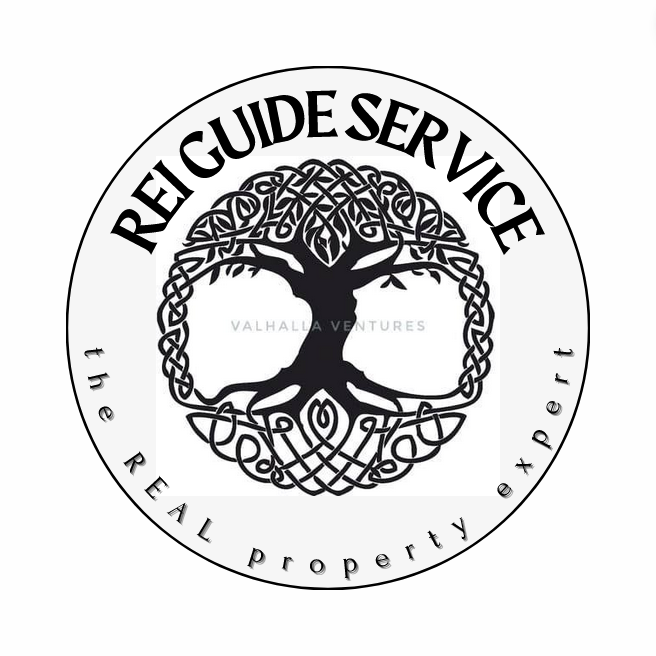Houston's New Airbnb Ordinance: What Every Short-Term Rental Host Needs to Know
New Short-Term Rental Ordinance in Houston: What It Means for Hosts
The Houston City Council has unanimously approved a new ordinance that directly impacts short-term rental operators, including those using platforms like Airbnb and Vrbo.
Under this new regulation, all hosts are now required to register their short-term rental properties with the city, paying a $270 annual fee per listing. Failure to comply can result in fines, and more importantly, violations tied to renter behavior, such as disorderly conduct, prostitution, or repeated noise complaints, can lead to the revocation of the property’s registration.
Each violation is classified as a misdemeanor and carries a penalty of up to $500. These measures were introduced, at least in part, to address growing concerns from neighbors and community members about problematic rentals and nuisance activity. While these issues don’t represent the majority of STRs, they’ve gained enough attention to prompt legislative action.
What This Means for STR Owners
This ordinance introduces new layers of cost and liability for responsible operators. For owners with multiple properties, this adds up quickly. The burden of compliance, in both time and money, falls squarely on the hosts, while platforms like Airbnb are not currently held accountable for vetting guests who may cause damage or disrupt communities.
Additionally, there are few tools available for hosts to screen guests beyond what the platforms provide. Once a guest books, it can be difficult to cancel reservations unless clear evidence of intent to violate rules is presented. Unfortunately, by the time issues surface, the damage, financial or reputational, is often already done.
The Wrap
While the city aims to strike a balance between community safety and economic opportunity, this ordinance raises valid concerns. Hosts are being tasked with managing risks they don’t always have the power to prevent, all while absorbing additional costs that will inevitably be passed on to guests.
For STR owners, this marks a shift in the landscape. Staying compliant and staying vigilant is now more important than ever, but we should also be pushing for smarter solutions that support responsible hosts, rather than penalize the entire industry for the actions of a few.

